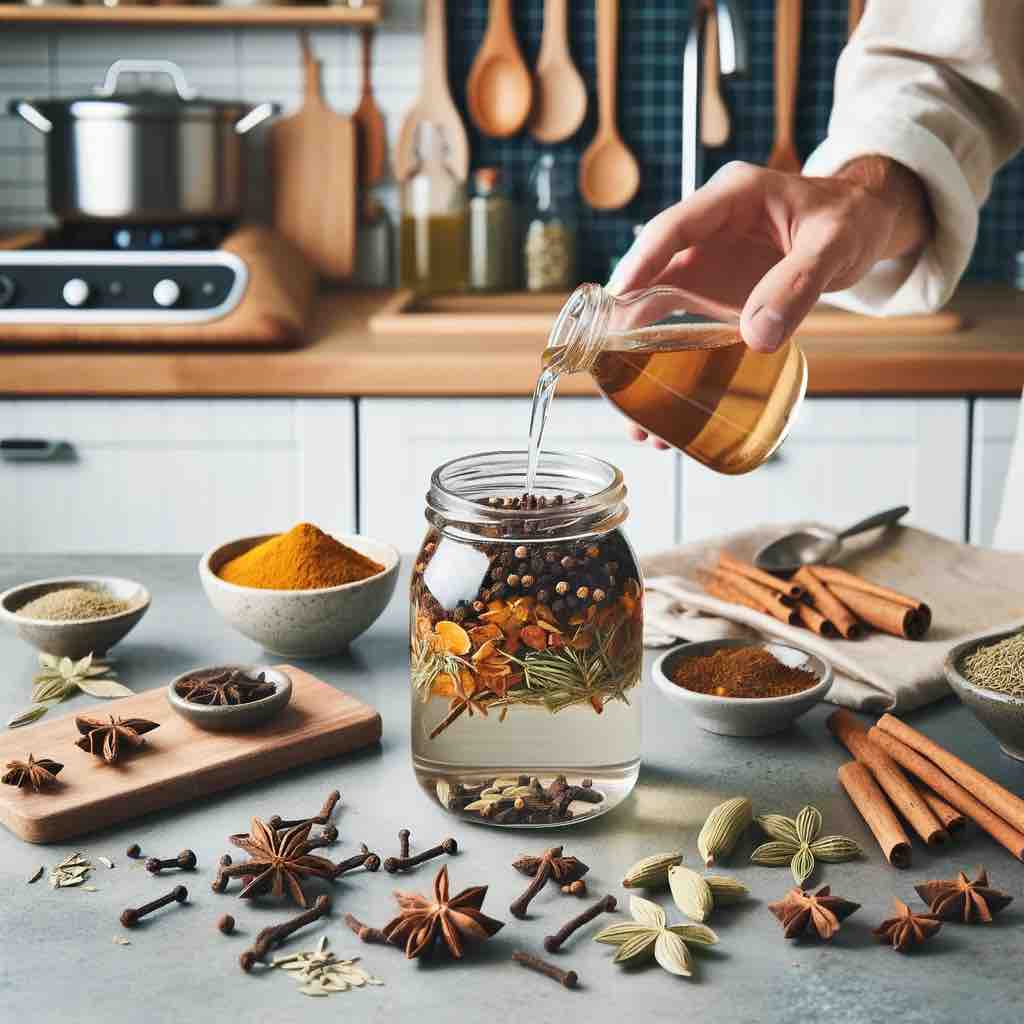
Turmeric, a golden spice renowned for its healing properties, is making a splash in the world of skincare. From evening out skin tone to reducing dark spots, this potent spice has a lot to offer. In this comprehensive guide, we’ll explore the benefits of turmeric for skin and share some DIY mask recipes for a natural, radiant glow.
DIY Turmeric Mask Tutorial
Step 1: Choose Your Skin Type
Select your skin type from the options below:
Turmeric for Uneven Skin Tone:
Uneven skin tone, also known as hyperpigmentation, can be caused by a variety of factors, including sun exposure, aging, and acne scars. Turmeric may help even out skin tone due to its active ingredient, curcumin. Here’s why:
- Anti-Inflammatory Properties: Curcumin has potent anti-inflammatory properties that can help reduce inflammation and redness, leading to a more even skin tone.
- Antioxidant Effects: Curcumin is also a powerful antioxidant that can protect the skin from free radical damage, which can cause discoloration and uneven skin tone.
DIY Turmeric Mask for Dark Spots:
Turmeric masks are a popular DIY skincare treatment, particularly for dark spots. Here’s a simple recipe you can try at home:
Ingredients:
- 1 teaspoon turmeric powder
- 1 teaspoon lemon juice
- 1 tablespoon honey
Instructions:
- Mix all the ingredients together to form a paste.
- Apply the mask to clean, dry skin, focusing on areas with dark spots.
- Leave the mask on for 15-20 minutes, then rinse with warm water.
Turmeric and Lemon for Face:
Combining turmeric with lemon juice can create a potent mask for brightening the skin and evening out skin tone. Lemon juice is rich in vitamin C, a powerful antioxidant that can help lighten dark spots and give the skin a radiant glow.
Turmeric Mask for Rosacea:
Rosacea is a skin condition that causes redness and visible blood vessels in the face. The anti-inflammatory properties of turmeric may help reduce the redness and inflammation associated with rosacea. Here’s a soothing turmeric mask recipe for rosacea:
Ingredients:
- 1 teaspoon turmeric powder
- 1 tablespoon aloe vera gel
Instructions:
- Mix the turmeric powder and aloe vera gel to form a paste.
- Apply the mask to clean, dry skin, focusing on areas affected by rosacea.
- Leave the mask on for 15-20 minutes, then rinse with cool water.
Turmeric Mask for Acne and Pimples:
Acne and pimples can be a nuisance, but turmeric may help due to its anti-inflammatory and antibacterial properties. Here’s a simple mask recipe:
Ingredients:
- 1 teaspoon turmeric powder
- 1 tablespoon honey
- 1 teaspoon apple cider vinegar
Instructions:
- Mix all the ingredients together to form a paste.
- Apply the mask to clean, dry skin, focusing on areas affected by acne.
- Leave the mask on for 10-15 minutes, then rinse with warm water.
Turmeric Mask for Dry Skin:
Dry skin can benefit from the moisturizing properties of turmeric. Here’s a nourishing mask recipe:
Ingredients:
- 1 teaspoon turmeric powder
- 1 tablespoon coconut oil
- 1 tablespoon honey
Instructions:
- Mix all the ingredients together to form a paste.
- Apply the mask to clean, dry skin.
- Leave the mask on for 15-20 minutes, then rinse with warm water.
Turmeric Mask for Oily Skin:
Oily skin can lead to clogged pores and breakouts. Turmeric, combined with ingredients that help control oil, can be beneficial. Here’s a mask recipe:
Ingredients:
- 1 teaspoon turmeric powder
- 2 tablespoons yogurt
- 1 teaspoon lemon juice
Instructions:
- Mix all the ingredients together to form a paste.
- Apply the mask to clean, dry skin.
- Leave the mask on for 15-20 minutes, then rinse with cool water.
Turmeric Mask for Sensitive Skin:
Sensitive skin needs gentle care. Turmeric, combined with soothing ingredients, can help calm sensitive skin. Here’s a mask recipe:
Ingredients:
- 1 teaspoon turmeric powder
- 1 tablespoon aloe vera gel
- 1 teaspoon honey
Instructions:
- Mix all the ingredients together to form a paste.
- Apply the mask to clean, dry skin.
- Leave the mask on for 10-15 minutes, then rinse with cool water.
Remember, everyone’s skin is different. Always do a patch test before applying a new mask to your entire face to ensure you don’t have an adverse reaction.
Frequently Asked Questions
Here are some frequently asked questions about using turmeric for skin care:
1. What are the benefits of turmeric for skin?
Turmeric, often referred to as the golden spice, is known for its anti-inflammatory and antioxidant properties. It can help reduce inflammation and redness, lighten dark spots and hyperpigmentation, and give the skin a natural glow. Additionally, it can help treat various skin conditions such as acne, atopic dermatitis, and psoriasis.
2. How can turmeric help with acne and pimples?
Turmeric contains a compound called curcumin, which has anti-inflammatory and antibacterial properties. These properties can help reduce the inflammation and redness associated with acne and pimples. Additionally, turmeric can help control oil production, which is a common cause of acne breakouts.
3. Can turmeric help with dry skin?
Yes, turmeric can be beneficial for dry skin. It has moisturizing properties that can help hydrate the skin and prevent dryness. A mask made with turmeric, honey, and coconut oil can be particularly nourishing for dry skin.
4. Can turmeric help with oily skin?
Turmeric can be beneficial for oily skin. It can help control oil production and prevent clogged pores, which can lead to acne breakouts. A mask made with turmeric, yogurt, and lemon juice can help balance oil production and give the skin a healthy glow.
5. Can turmeric help with sensitive skin?
Turmeric can be beneficial for sensitive skin due to its anti-inflammatory properties. It can help reduce inflammation and soothe irritated skin. A mask made with turmeric, aloe vera gel, and honey can be particularly soothing for sensitive skin.
Remember, everyone’s skin is different. Always do a patch test before applying a new mask to your entire face to ensure you don’t have an adverse reaction.
Conclusion:
Turmeric, with its anti-inflammatory and antioxidant properties, offers a natural approach to skincare. From evening out skin tone to reducing dark spots and redness, this golden spice could be the secret to a radiant, glowing complexion.












